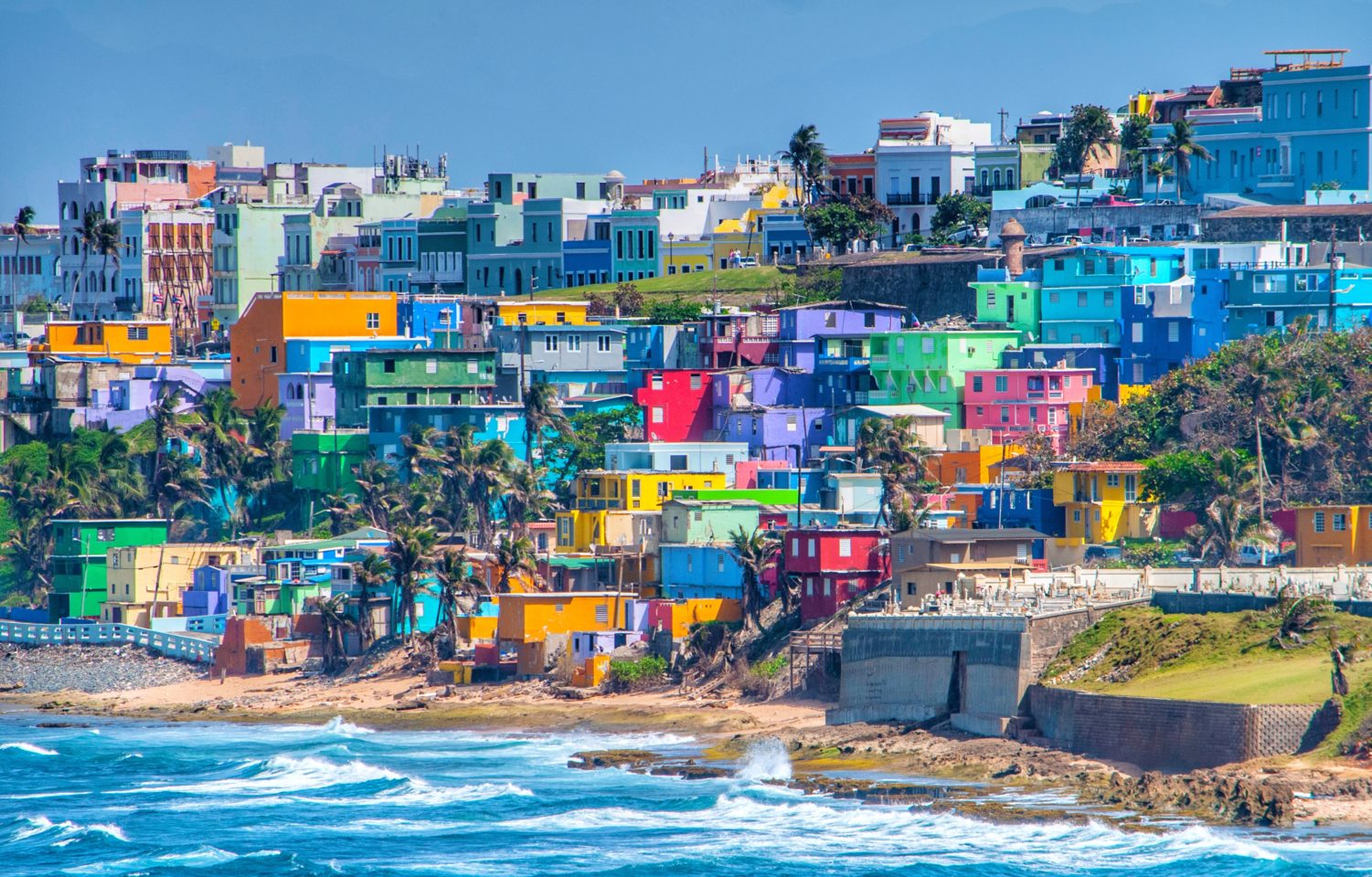
Report Projects Puerto Rican Recreational Cannabis Market Worth Over $500 Million
A pro-cannabis trade group in Puerto Rico hopes to advance discussions about complete reform of recreational cannabis on the island. To that end, they just released a report predicting how legalization of recreational cannabis could benefit the US territory, located southeast of Cuba. According to the analysis, the maturation of the industry here would take about five years and follow a trajectory seen in the development of the casino vertical that developed here in the early decades of the twentieth century.
The island is not the only jurisdiction accommodating this type of economic development, especially in the wake of the pandemic. It’s not the only popular tourist destination either. However, this segment of the economy is vital to the island’s economy and has become increasingly important in the second decade of this century. It currently accounts for 10% of the overall economy. In fact, prior to COVID, much of the critical infrastructure was damaged thanks to Hurricane Maria and tourism was used to rebuild the island.
In addition, the island is no stranger to the production of other leisure items. This includes the world’s largest rum distillery, the Bacardi factory in Cataño. It is also increasingly a haven for crypto firms. Due to Donald Trump, 98% of the land on the island is currently considered an “opportunity zone” specifically designated to bring foreign investors here.
Cannabis reform in Puerto Rico
Cannabis has been illegal in Puerto Rico since 1932 when Act 12 specifically prohibited it. Penalties for planting, importing, buying, and selling the plant ranged from a month to a year in prison.
In 2013, right after the success of two US state referenda in Colorado and Washington State, Rep. Jose Luis Baez proposed decriminalization. The governor, Alejandro Garcia Padilla, signed the medical cannabis reform two years later.
This reform includes patients receiving a 30-day supply of the drug, but not in a smokable form. Home growing is still illegal, and patients must purchase their medications through state-licensed pharmacies. There are an estimated 115,000 Puerto Rican patients.
The legal status of the island
Puerto Rico is now an unincorporated US territory. It’s not a state. How US federal law is interpreted here is also a hotly debated topic. According to some highly racist decisions enshrined in Supreme Court jurisprudence handed down at the beginning of the last century, the island along with the Philippines and Guam are places where constitutional rights within the continental US and incorporated territories do not apply. According to these precedents, the US Constitution applies in the United States itself, the District of Columbia and “incorporated territories” while only the “fundamental restrictions” apply in unincorporated territories.
What that means, when it comes to things like states’ constitutional rights (see earliest state-level cannabis reform as constitutional change at that level), cannabis certainly sits in a very odd gray area.
Expulsion of natives?
One of the tragic effects of the last hurricane was that as a result, residents were often forced to sell their homes for various reasons. This has led to investment banks buying large chunks of distressed property here in recent years and locals cannot afford to live here (or at least own property and maintain a decent standard of living). This has also sparked local protests against foreign development, including the privatization of public resources such as beaches.
Developing a cannabis industry in such an environment could well prove profitable for foreign firms. How it will benefit the local population in terms of sustainable economic rehabilitation is another matter.

Post a comment: